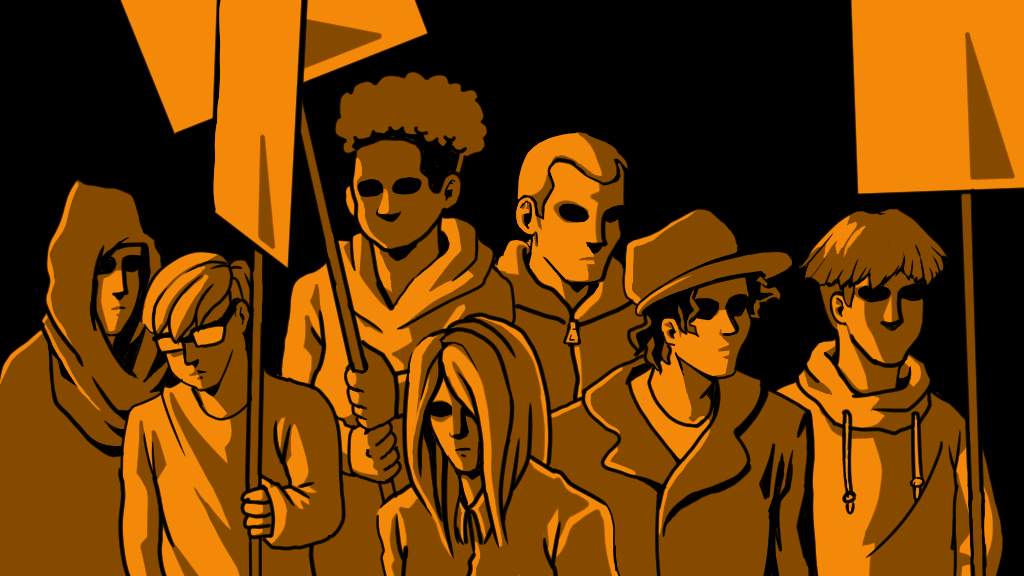Keep Politics In It: A Response to SG's Resolution
by Kevin Zampieron | published Feb. 20th, 2017
The international community is still reeling from President Donald Trump’s executive order that halted immigration from seven Muslim-majority countries. Although the U.S. 9th Circuit Court of Appeals ruled against the enforcement of the travel ban, the issue of the executive order hangs heavy on the nation’s psyche.
RIT’s administration released a statement affirming the school’s dedication to students and faculty who were put at risk by Trump’s actions. In addition, Student Government put forward a resolution to condemn the executive order and to support anyone adversely affected it.
Though SG’s resolution easily passed, there was some element of pushback in the form of a PawPrints petition.
The petition didn’t gain much traction and was ultimately ineffectual in stopping the resolution. But the idea that student governments should be apolitical for the sake of remaining nonpartisan is ignorant of both history and the current political climate.
Political activism is as synonymous to the college experience as all-nighters and questionable intoxicants;
Of course, there lies the omnipresent slippery slope argument: how political is too political? Where is the line drawn?
As an even more recent example, RIT was selected to receive a $40 million dollar grant from the US Department of Energy for the purpose of developing green energy in manufacturing. But when the Executive Branch largely refuses to fully acknowledge the looming impact of climate change, this puts the interests of the university and the scientific community at odds with the department providing the grant. As the Trump administration’s goals are a direct affront to RIT’s commitment to sustainability, RIT is forced to become a political entity.
There are members of RIT’s community that don’t agree politically; this is true for any community, especially one as large as RIT. Having a wide berth of viewpoints makes any discourse more robust and fulfilling. But if there were a political club that made targeting students of certain faiths or ethnicities a part of its purpose, they would be banned and ostracized, regardless of the club’s ideological leanings.
According to
If RIT were to stay quiet for the sake of avoiding controversy, it would be a silent approval a status quo would ask us to abandon and demonize our neighbors and classmates.
If RIT were to stay quiet for the sake of avoiding controversy, it would be a silent approval a status quo would ask us to abandon and demonize our neighbors and classmates. RIT’s size, cultural, and economic presence comes with a responsibility to its community.
So while this executive order and its subsequent condemnation was a fairly simple affair — at least from a moral standpoint — the future may be much more grey. There may come a time in the next four years where it would be in the interest of the university to not oppose a law or executive order that would hurt the RIT community. It could be a financial, political, or it could be a desire to avoid seeming ‘political.’ I ask that the RIT administration have the strength to do what is right, even when it would be expedient not to. I ask Student Government to continue advocating for the student body. And I ask the student body to make as much noise as possible so that we keep our leaders accountable; even if it means enacting the mythic Leftist Agenda™ — whatever the hell that is.



